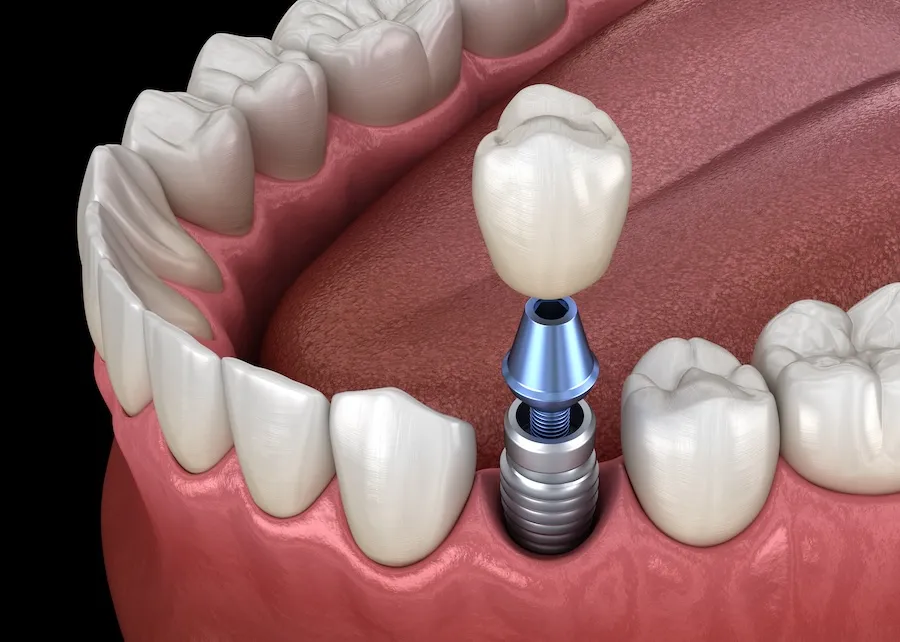The Link Between Back Pain and Mental Health A Comprehensive Look
Research shows a significant link between chronic back pain and heightened risks of depression, anxiety, and diminished emotional well-being. Living with persistent pain can take a toll on mental health, often creating a cycle where physical discomfort exacerbates emotional distress. Recognizing this connection is key for addressing both the physical and mental challenges associated with persistent pain. By seeking professional support and adopting effective coping strategies, individuals can greatly enhance their overall quality of life.
Understanding the Impact of Chronic Back Pain
Chronic back pain often disrupts daily activities, work, and sleep. These physical limitations can result in emotional distress, contributing to feelings of helplessness or reduced self-worth over time. The constant discomfort can create a state of hypervigilance, causing individuals to focus extensively on their pain, which exacerbates feelings of stress or anxiety.
The emotional impact of back pain is often compounded by societal pressures to remain productive, which leads to feelings of guilt or inadequacy when pain limits one’s ability to perform everyday activities or work tasks. Feelings of isolation often accompanies chronic conditions as individuals may feel misunderstood or disconnected from others who don’t experience the same struggles. This combination of physical and emotional challenges can create a heavy burden, affecting mental health and overall well-being.
Exploring How Mental Health Influences Pain
Mental health has been shown to alter how people perceive pain, acting as a feedback loop. Depression and anxiety are known to heighten pain sensitivity through neurological and psychological pathways. Individuals experiencing emotional distress may exhibit heightened sensitivity to physical symptoms, making their pain feel more severe. Managing mental health effectively helps reduce the perception of pain. Studies suggest that addressing associated mental health conditions may interrupt the pain cycle, helping people cope better with their symptoms.
Implementing Ways to Break the Pain Cycle
Several approaches can address the link between pain and mental health. Mindfulness exercises, including meditation and yoga, may help individuals regulate emotional responses to pain. Cognitive-behavioral therapy (CBT) is another tool, empowering individuals to challenge negative thought patterns associated with chronic pain.
Physical activity, guided at the appropriate level, can benefit both mental and physical health. Movement releases endorphins, reducing stress and helping to mitigate pain perception. Building a support network, whether through friends, family, or support groups, helps alleviate feelings of isolation associated with chronic conditions.
Collaborating with healthcare professionals like physical therapists or counselors help develop targeted strategies for managing back pain and mental health. Comprehensive care addresses the connection between mind and body. This approach offers a more holistic solution to pain management.
Adopting a Holistic Approach to Pain Management
Addressing chronic pain requires more than just treating physical symptoms. The connection between back pain and mental health underscores the need for a holistic approach that considers both physical and emotional well-being. By acknowledging this link, individuals can explore options that enhance not only their pain management but their overall quality of life. If you’re experiencing chronic back pain alongside mental health challenges, consult with healthcare professionals to discuss personalized strategies that may help you find relief.











Post Comment